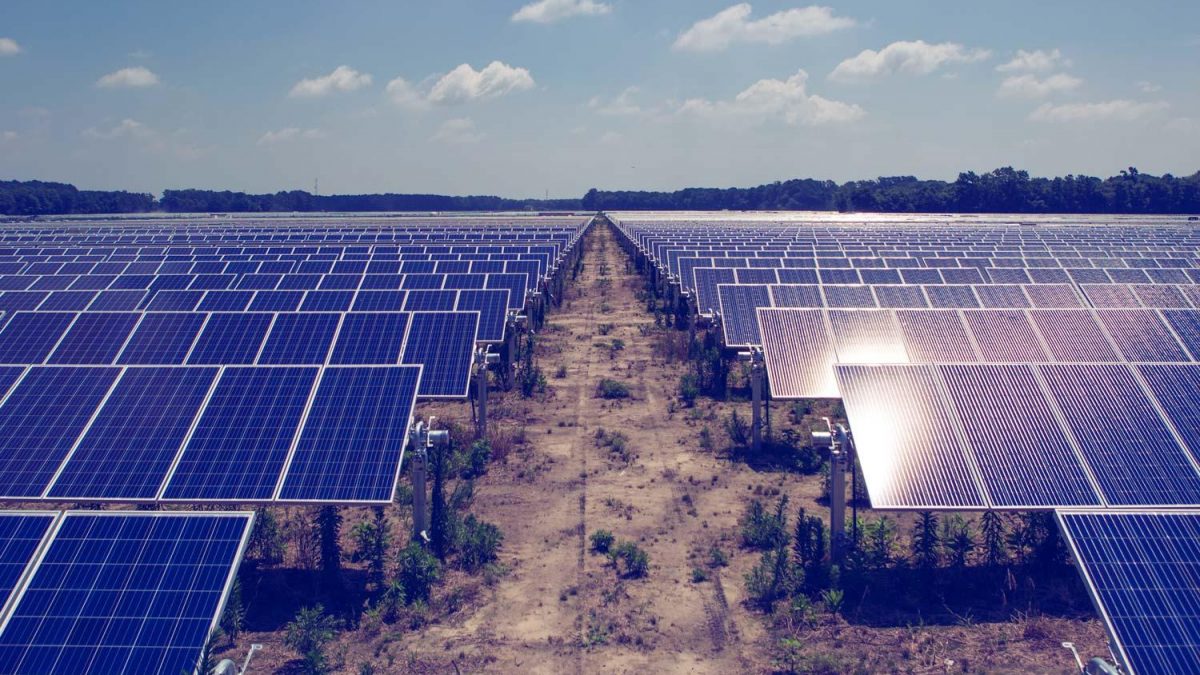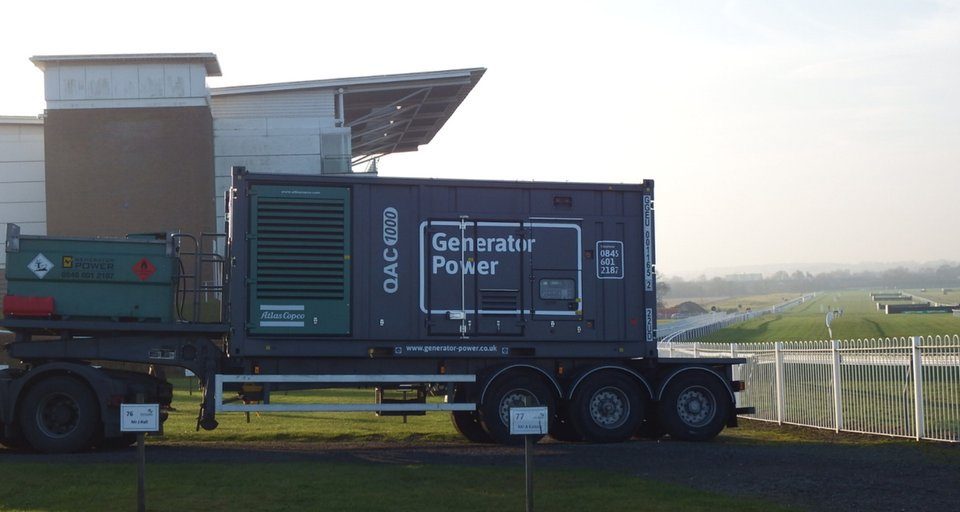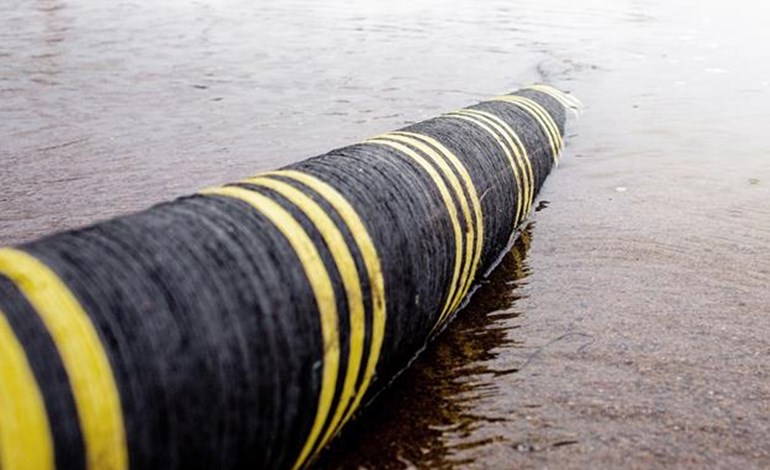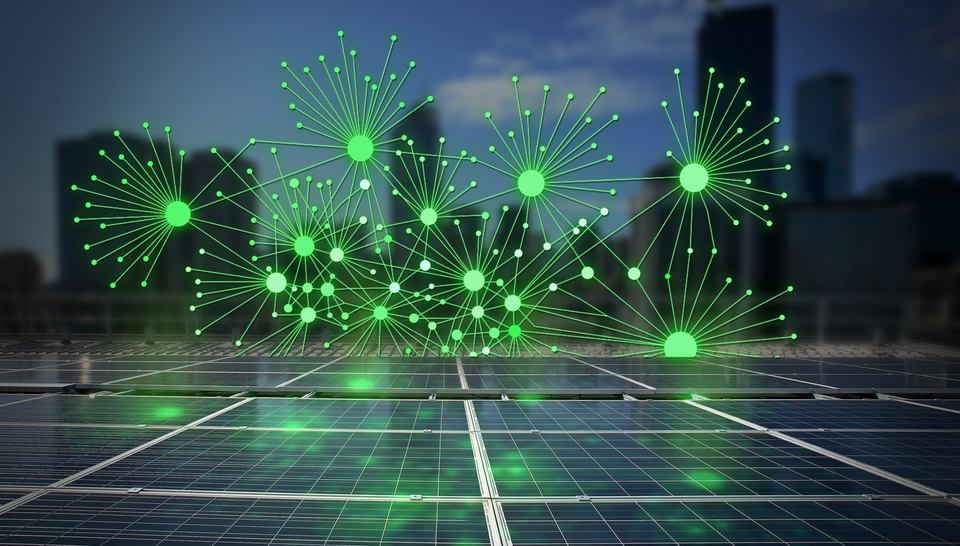A solar battery could bring electricity to rural areas
A solar battery could bring electricity to rural areas

Solar energy is featured with the dropping of prices due to which the source is progressively getting more popular. However, a home-powered by the Sun wouldn’t be free from the grid as the solar panels don’t store energy for later use.
In this context, researchers have refined a device, which could harvest as well as store solar energy. The device could be the answer and hope that one-day electricity would be brought to rural and underdeveloped areas.
The concerns with energy storage have pushed researchers to come up with creative solutions like – giant batteries. And, a paper published in the journal Chem, reiterates this wherein scientists are trying to improve solar cells and have developed an integrated battery that works in three distinct ways. According to study author, Song Jin, a chemist at the University of Wisconsin at Madison, the device could (1) Work like a normal solar cell by converting sunlight to electricity immediately, (2) Store the solar energy, and, (3) Simply be charged like a normal battery.
In short, it’s a wonderful blend of two existing technologies (1) solar cells that harvest light, and (2) a sort-of flow battery. In this backdrop, the commonly used batteries, lithium-ion, store energy in solid materials like, various metals. On the other hand, flow batteries, store energy in liquid tanks, which implies their scalability for large projects.
Jin and his research team who have been working on the battery for years, could combine the two features, and have reached 14.1% efficiency. In the context of efficiency, apart from improving it, Jin and his research team want to come up with a better design that could use cheaper materials. And, the invention is still at a proof-of-concept stage, but this could have a large impact in the less-developed areas that are featured without power grids or proper infrastructure. Jin adds that having electricity in many areas could be a game-changer because it could help people get more people connected and also enable more clinics to be open and therefore improve health care.
In the context of solar flow battery getting scaled, Timothy Cook, a University at Buffalo chemist and flow battery expert not involved in the study observed that it could be helpful in the US. The United States already has a well-equipped power infrastructure, however, the device could help disconnect and have personalised energy where one could store and use what they needed locally. Finally, this could help to get lesser dependent on forms of energy that are harmful to the environment.


